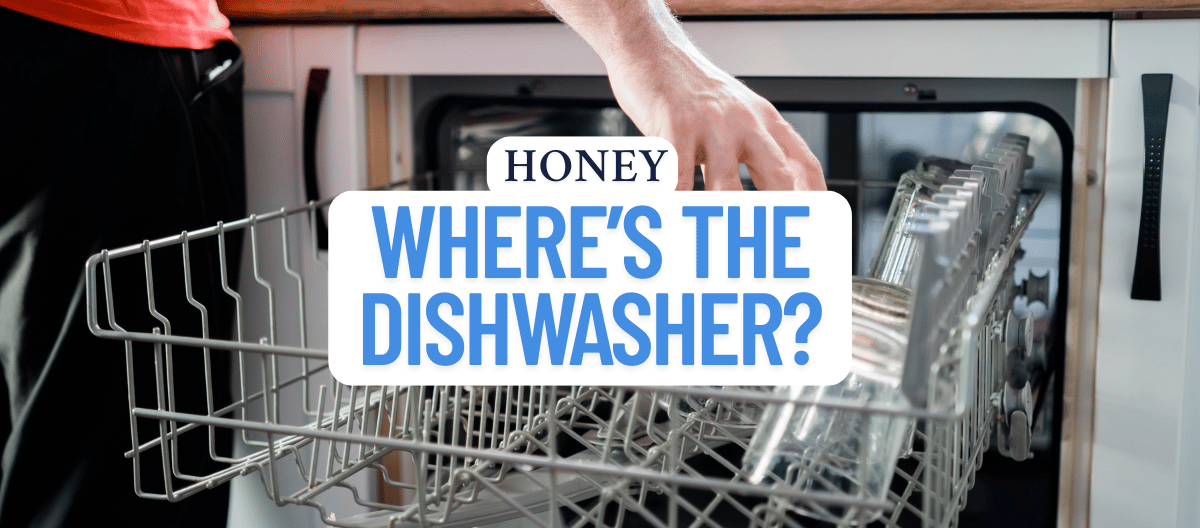Why He Can’t Find the Dishwasher: 8+ How Patriarchy Fuels Men’s Resistance to Housework
It’s Not About the Chores — It’s About Control, Conditioning, and the Quiet Power Struggle at Home
Resistance to Housework
In recent years, the dynamics of household responsibilities have dramatically shifted, leading to evolving expectations around gender roles.
Women, who once were predominantly expected to manage domestic tasks, are now balancing careers, relationships, and the emotional labor of running a home. However, many men continue to struggle with the idea of shared domestic labor.
This resistance may not just be a personal preference but may stem from deeply ingrained societal conditioning, where internalized superiority — backed by patriarchal structures — plays a significant role.
Patriarchy’s Broken Promise to Men
The patriarchy promised men a life of authority and minimal responsibility within the home. The traditional breadwinner model offered men the allure of power, control, and the legacy of a family without the “burden” of domestic work.
However, many men continue to operate under the assumptions of the past. The patriarchy’s outdated ideal that domestic labor is beneath them persists, leaving many men to feel resistant toward contributing equally at home. This isn’t simply a matter of choice; it’s rooted in how men were conditioned by their fathers and society at large.
Men Following in Their Father's Footsteps
Many men (not all) grew up in households where their fathers did little to no household chores. The father’s role was the breadwinner, a figure of authority who worked outside the home while women took care of everything within.
For boys growing up in such homes, their fathers became role models of masculinity. Boys sought — and still seek — their fathers’ approval by emulating their actions, consciously or not.
As adults, men often continue to live by these outdated standards. Since their fathers did not perform domestic work, many men resist the idea of doing it themselves, seeing it as outside their responsibilities.
Even though times have changed, and households today often require dual contributions, the deeply ingrained belief that “a real man doesn’t do chores” persists.
Household Chores and Internalized Superiority
By avoiding these responsibilities, men reinforce the idea that their contributions are more important than those of their partners, maintaining the power imbalance that the patriarchy set in place. The refusal to participate in domestic labor becomes a reflection of how they view themselves — and how they perceive women.
Patriarchy’s Invisible Support for Male Superiority
Patriarchal structures subtly (and sometimes overtly) support men in maintaining this power imbalance. Society has long catered to the needs of men — whether through the assumption that men are natural leaders, the pressure for women to put their partner’s needs first, or the general expectation that men should not be questioned about their contributions at home.
From a young age, men are taught to prioritize their careers and ambitions over domestic work. At the same time, women are socialized to be accommodating and nurturing, making them more likely to take on the majority of household responsibilities without questioning it.
This dynamic is reinforced by societal messaging that elevates men’s status and dismisses women’s contributions as less important or even invisible.
For centuries, women have been taught to serve their husbands and partners. In homes, girls grow up watching their mothers perform domestic tasks with little to no assistance, and this tradition gets passed down through generations.
Even in modern relationships, women often bear the burden of household management without being asked. This learned deference enables men to continue resisting domestic labor, knowing that the household will function regardless of their participation.
The Outsourcing Solution: Maintaining Superiority Without Getting Hands Dirty
Many men who reject the idea of doing household chores are not necessarily opposed to the chores being done — they just don’t want to do them themselves. For some, the solution is to outsource the labor. Whether it’s hiring a cleaning service, or having someone else handle childcare, outsourcing allows men to maintain their sense of superiority while avoiding the physical and emotional work that comes with domestic responsibilities.
By hiring out the work, men avoid what they perceive as demeaning tasks, while still benefiting from a clean and functional household. This reinforces the patriarchal belief that their time and energy are too valuable to be spent on chores, subtly implying that those who perform these tasks are beneath them.
It’s not just about avoiding the work — it’s about maintaining control without engaging in the day-to-day tasks that keep a home running.
Women’s Silent Burden and Societal Reinforcement
Meanwhile, women continue to carry the burden of household labor — often in silence. Even when women work full-time jobs, they frequently find themselves responsible for the majority of household duties, from cooking to cleaning to managing schedules. This “second shift” is emotionally and physically taxing, yet it is so deeply ingrained in societal expectations that many women simply accept it as part of their role.
The labor women perform within the home is not just physical; it is emotional labor. From planning meals to keeping track of the family calendar, much of this work is invisible and goes unnoticed. Yet, it is essential for keeping the household functioning smoothly. Despite the importance of this work, it is often undervalued by society and, in many cases, by their male partners.
Society’s Expectation of Male Authority
Society has long been structured in ways that place men in positions of authority — whether in government, business, or the family. This societal conditioning teaches men that they are more competent and deserving of leadership roles, while women are expected to take on supportive roles.
This sense of entitlement extends into the home, where men often feel that they are the authority figure, even when it comes to decisions about household chores.
They believe they have the right to avoid these tasks because their time and efforts are better spent elsewhere. Many would rather outsource household work than accept demands from their partners, seeing any request for help as a challenge to their authority.
The Path Forward: Challenging Internalized Superiority
If true equality is to be achieved in relationships, men must confront the societal conditioning that has taught them to see themselves as superior, but are they ready for this?
The patriarchy’s promise of power and minimal domestic responsibility has ultimately failed men, leaving them ill-prepared for the realities of modern relationships. Shared household labor is not about diminishing a man’s value; it is about fostering genuine partnership and creating balance within the home.
Only by challenging these deeply ingrained beliefs can men begin to see household labor as an integral part of their responsibilities.
It is not beneath them; it is a necessary aspect of maintaining a healthy and equal relationship and functioning as a healthy member of society. By participating in domestic tasks, men can break free from the limiting roles that patriarchy has imposed on them and build stronger, more equitable partnerships.
Want more of my writing? I regularly publish fresh, thought-provoking pieces over on Medium where I dive deeper into personal growth, emotional healing, societal dynamics, and the behind-the-scenes truths most people won’t say out loud. While some of my posts are free to read, most are part of Medium’s partner program—which helps support independent writers like me. If you enjoy my work and want to keep up with new articles, stories, and exclusive insights, follow me on Medium and consider becoming a subscriber. Every read, clap, and comment goes a long way!
resistance to housework resistance to housework resistance to housework resistance to housework resistance to housework resistance to housework resistance to housework resistance to housework resistance to housework resistance to housework resistance to housework








